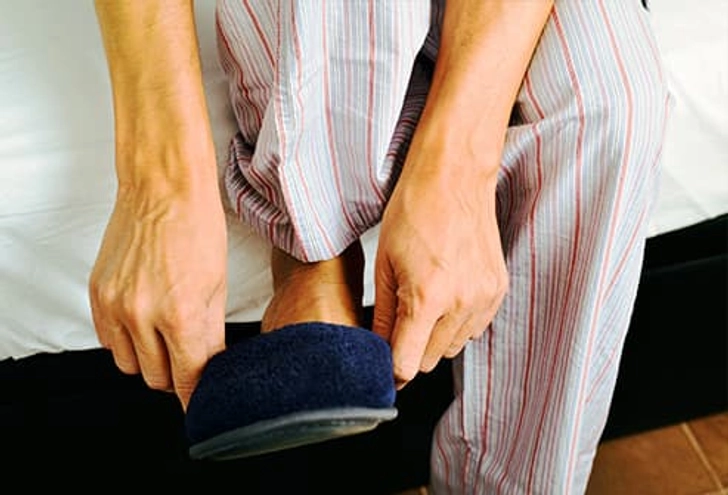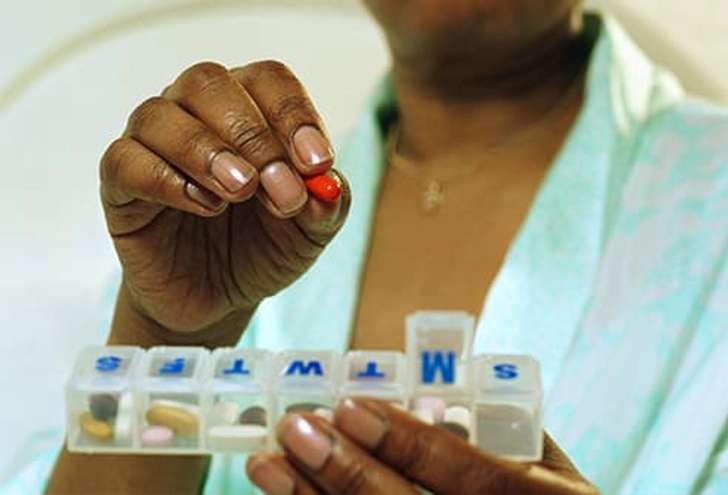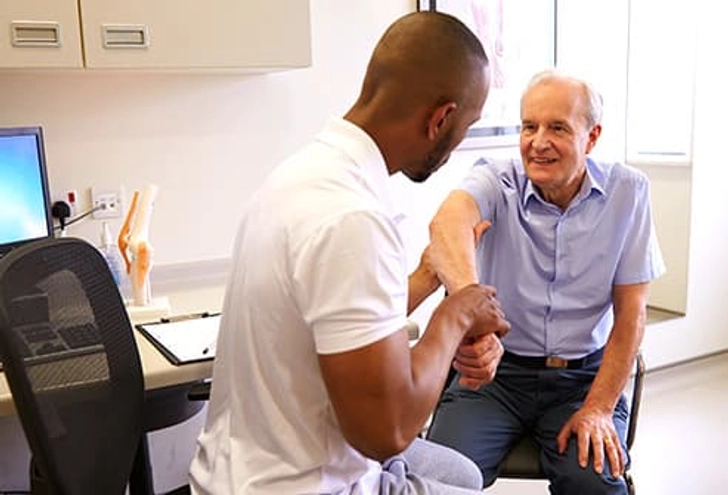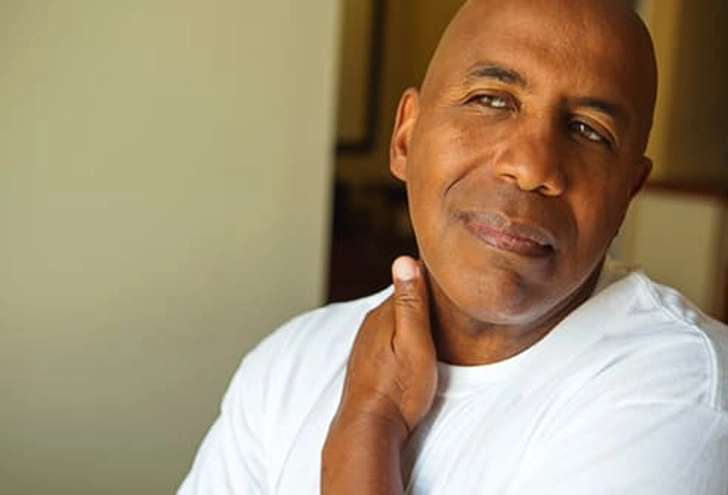How to Manage Your Pain Through the Day


Stay Active
Simple things like regular activity can make a big difference. Try walking, water aerobics, or yoga. They can ease joint pain and help with balance, flexibility, and strength. Aim for 30 minutes 5 days a week, or 150 minutes spread over a week -- even if it’s something light like stretching or gardening. Work with your doctor or physical therapist to make the best plan for you.

Sleep Well
When you get a good night's rest, you feel better and your body can fight pain more easily. When you don't, your pain can be worse. A bedtime routine can help you get the rest you need: Try to go to bed at the same time and wake up at the same time. Don't read or watch TV in bed. Skip the nap. Have a quiet, comfy bedroom that makes you want to sleep. If your pain keeps you awake, talk with your doctor about medications that can help.

Ask for Help at Work
Some days, your pain may make your job harder. Because of the Americans with Disabilities Act, your employer should make changes to make it easier for you. Maybe you can work from home some days or take longer breaks. It might also help to have a more comfortable desk or chair.

Take Your Medicine
Your doctor may give you drugs to help with pain and maybe sleep, too. Make sure you know what they do and how much you’re supposed to take. If you have side effects or don't want to do the things you normally like to do, see your doctor.

Find Things You Like to Do
Keep your mind off the pain by getting involved with activities that are pleasant distractions. You might try things like coloring, painting, or easy crafts. Or you could ask friends to play card games, or test your skills with crossword or jigsaw puzzles. If you like being outdoors, maybe gardening is for you.

Prepare for Flare-Ups
Once in a while, your pain will flare: Have a plan for what you'll do when it happens. Maybe that means changing your activity level or your medication or using heat or cold packs. Keep a list of what triggers your flares, and ask your doctor for tips to help you manage them when they happen.

Eat Healthy
What you eat affects how you feel. So a balanced diet can help your body be at its best to fight your pain. Eat lots of fruits and vegetables, whole grains, and lean proteins. Try to avoid processed foods and things high in sugar, salt, and fat. Drink plenty of water. Your doctor or a nutritionist can help you come up with a menu of healthy meals.


Pace Yourself
There are times when you have lots of energy and feel like you can keep going. Other days, your energy is low and pain is high. Learn when to say when and take breaks when you need them. Prioritize your tasks so if things don't get done, it's no big deal. Break large jobs down into small parts. Go back and forth between easy things and those that take a little more work. Ask for help when you need it.

Talk to Family and Friends
Make sure your family and friends know how you feel. You might be sad, angry, or frustrated about how pain has changed your life. Share those feelings and let people know how they can help.

Find a Support Group
It's great to have family and friends to talk to, but it may help to join a support group with people who also have chronic pain. Look for a group that helps members find good coping methods. The best ones celebrate members' successes instead of dwelling on the negatives of being in pain. There are groups that meet in person and ones that meet online. Ask your doctor for help finding one, or contact the American Pain Society.

Quit Smoking
Smokers are much more likely to have chronic back pain, as well as joint pain and stomach pain. Smoking can also make you much more sensitive to pain in general because it can affect how your body heals. If you need help quitting, your doctor can help.

Set Realistic Goals
You can do things to enjoy each day. Figure out the things you'd like to get done that you know you can accomplish. Work slowly to achieve them. Don't worry if you have setbacks. You'll get back on track when you have more energy.
IMAGES PROVIDED BY:
Thinkstock Photos
SOURCES:
American Chronic Pain Association: "APCA Resource Guide to Chronic Pain Treatment," "Living with Pain."
Arthritis Foundation: "Tips for Managing Chronic Pain," "Sleep and Pain."
UW Health: "Coping With Your Chronic Pain."
Cleveland Clinic: "Living with Chronic Pain," "Read This If You Are a Smoker Who Struggles With Chronic Pain."
UpToDate: "Overview of the treatment of chronic non-cancer pain."
Swedish Medical Center: "Importance of Sleep When Living With Chronic Pain."
Kaiser Permanente: "How to Live Better with Chronic Pain."
MayoClinic: "Fibromyalgia Pain: Options for Coping."
Job Accommodation Network: " Accommodation and Compliance Series: Employees with Chronic Pain."